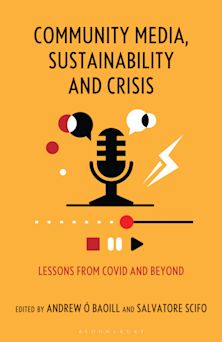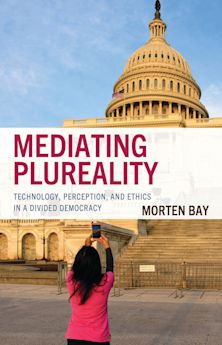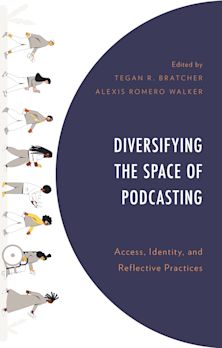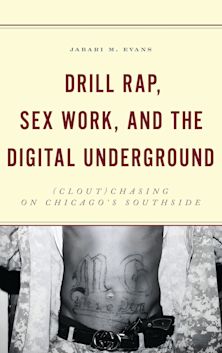Crisis Cultures
Narratives of Western Modernity in the Digital Age
Crisis Cultures
Narratives of Western Modernity in the Digital Age
This product is usually dispatched within 2-4 weeks
- Delivery and returns info
-
Flat rate of $10.00 for shipping anywhere in Australia
Description
In Crisis Cultures: Narratives of Western Modernity in the Digital Age, Nicholas Manganas argues that crisis should be understood not as a series of isolated events, but as a constitutive state intrinsic to modern Western societies. He explores how this perpetual state of crisis intensifies underlying societal tensions and reshapes cultural and political dynamics. Drawing on a diverse range of case studies, including the Capitol Hill riots in the United States, and analyses from countries such as Spain and Greece, Manganas explores how both digital and traditional media perpetuate crisis narratives that significantly influence contemporary cultural identities and shape political discourses. His analysis also engages with the emotional and temporal aspects of crises, particularly focusing on how digital environments, through their ambient influence, shape and sustain these states of crisis. By reinterpreting the concept of crisis through an interdisciplinary lens that includes historical, political and cultural analysis, the author offers a compelling analysis of its role in shaping the present and futures contours of Western societies.
Table of Contents
The Experience is Out of Joint
Chapter Two
Crisis Ambientality
Chapter Three
Confabulations
Chapter 4
Queering Crisis
Product details
| Published | 03 Oct 2024 |
|---|---|
| Format | Hardback |
| Edition | 1st |
| Extent | 236 |
| ISBN | 9781666935219 |
| Imprint | Lexington Books |
| Dimensions | 0 x 0 mm |
| Publisher | Bloomsbury Publishing |
Reviews

ONLINE RESOURCES
Bloomsbury Collections
This book is available on Bloomsbury Collections where your library has access.


































